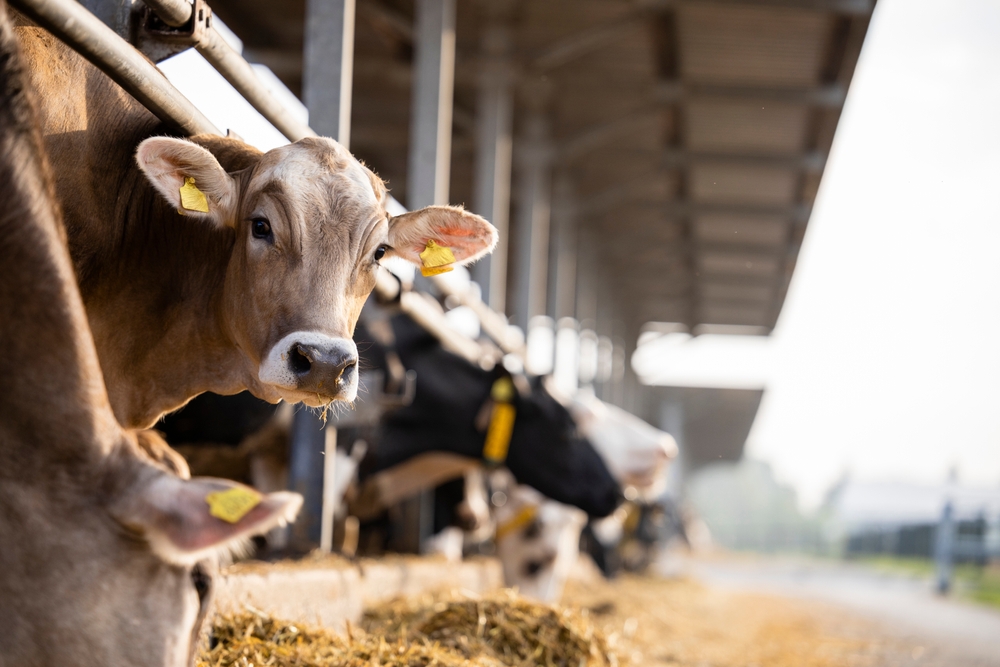New research has found Scotland could make significant progress towards the climate change reduction goals by cutting meat and dairy consumption.
Upon request from the Scottish Government, Food Standards Scotland (FSS), in collaboration with the University of Edinburgh, modelled the impact of reduction in meat and dairy intakes on the nation’s micronutrient intake. It was conducted in response to the Climate Change Committee’s (CCC) targets for reduction in meat consumption, by following existing dietary advice contained in the Eatwell Guide
It included a recommendation that the Scottish Government “take low-cost, low-regret actions to encourage a 20 per cent shift away from all meat by 2030, rising to 35 per cent by 2050, and a 20 per cent shift from dairy products by 2030”.
Dr Fiona Comrie, FSS Senior Public Health Nutritionist, commented: “Although the assumption is that meat and dairy reductions would be of benefit to both climate change mitigation and human health, the reality is more complex. Given the diet of the Scottish population is so poor, particularly in some sub-groups, an ‘across the board’ population reduction in meat and dairy consumption cannot be recommended as micronutrient intakes may be worsened among those with already low intakes.
“If those who are classed as high consumers of red and red processed meat reduced their intake to 70g or less/day, significant progress could be made towards the CCC targets. Our research has found that this would achieve a 16 per cent reduction in total meat consumption.”



